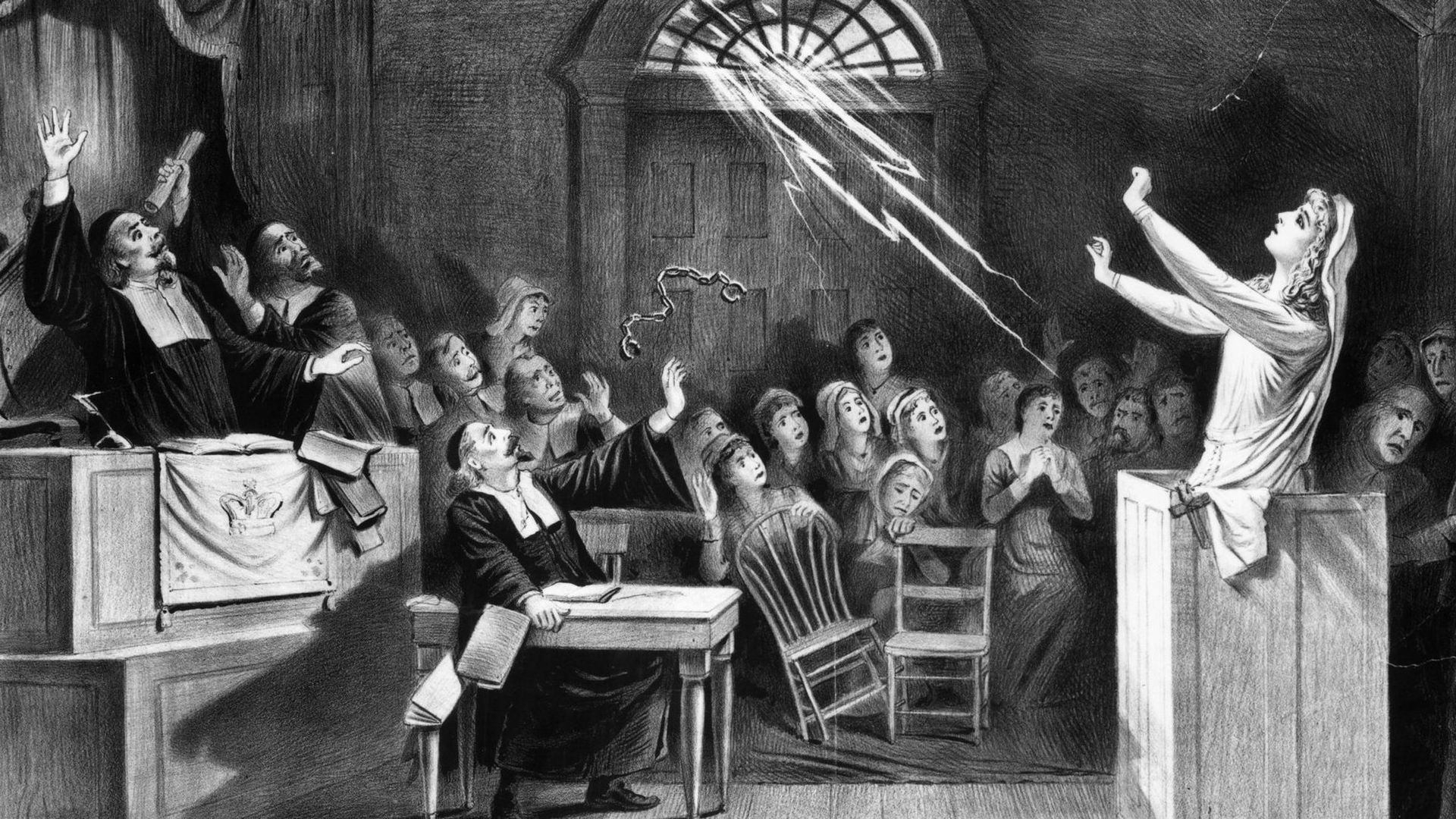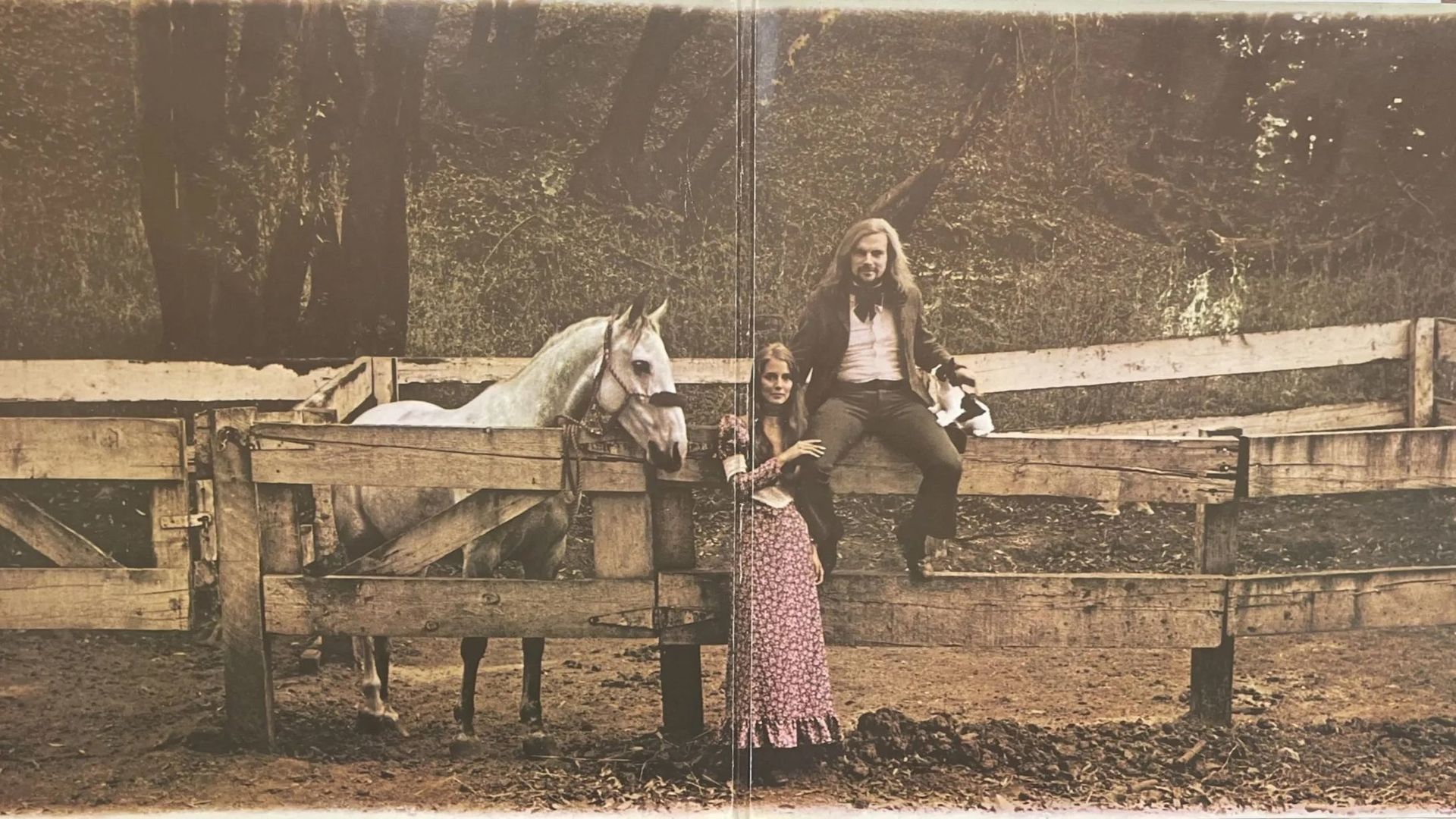Witch Trials

Most people think they would not have been a part of the Salem witch trials. But most of us like to ignore history and our sinful nature.
The Salem witch trials occurred over 80 years before the American Revolution. In these trials, hundreds were accused of cavorting with the Devil. While that may seem absurd today, 20 people were executed. They were from the old school.
Today, we use the term witch trial synonymously with hysteria, false accusations, and abuse of power. We probably overuse it, but in our world, it's when we discredit and destroy those who disagree with us or those we see as our enemies.
Today, our trials don't happen in courtrooms but online and in the media. It's cancel culture at its finest and reflects the worst impulses in the human heart.
The similarity between our world and those prosecuting potential witches in 1690s Massachusetts is that our arguments and worldviews are mostly shaped by our strengths, weaknesses, hopes, and fears. We define issues by how it affects us, not what’s right or wrong.
More often than not, we argue not to find the truth but to make ourselves heroes in defending a position—and status. We decide who we want to be and then create arguments to support that identity.
Another hallmark of cancel culture is to divert attention away from ourselves. An easy way to feel better about yourself is to keep someone else on the hot seat. After all, if you and a group of friends come upon a bear, you don't have to run faster than the bear, you have to outrun your slowest friend.
These ideas are explored in the podcast The Witch Trials of J.K. Rowling , which examines current controversies in our culture. Rowling, the beloved author of Harry Potter , has become polarizing for her views on gender and identity.
Although she is a self-described supporter of progressive causes, her stance on the transgender movement has sparked intense debate and opposition. Many people who hold her liberal views have canceled her, The series provides a cautionary tale on how we treat those with different opinions.
Megan Phelps-Roper is the podcast host and brings a unique perspective. She was raised in the Westboro Baptist Church—a hate group—and eventually left it. She's an example of someone who dissected her identity and broke away from an ingrained worldview. She shares the following questions which serve as a strong rebuke to cancel culture and as a test of intellectual honesty:
- Can you entertain doubt about your beliefs?
- Can you articulate the evidence you need to see to change your position?
- Can you share your opponent’s perspective in a way they would recognize?
- Are you attaching ideas or the people who hold them?
- Are you willing to cut off close relationships with people who disagree with you?
- Are you willing to use extraordinary means against people who disagree with you?
These men did not let their lack of education dampen their zeal. They lorded over churches for generations while disregarding intellectual honesty, focusing on controlling divergent thoughts and keeping people in line to build personal brands, all in the name of protecting the church and obeying God. This is how witch trials—and cults—begin.
In my life, I have witnessed, was the target of, and undoubtedly participated in witch trials of sorts. To many in my background, just asking the questions Phelps-Roper raises would be heresy and worthy of being shunned.
The scars from these experiences never go away. They affect the way you relate with others and view yourself. They form an operating system that you have to continually override. With that in mind, here are a few more questions that give me an objective Christian perspective:
- What is the basis of your identity?
- Are the people in your circle of influence generally educated, especially about the topic of discussion?
- Are you using reliable sources to form your opinions?
- Are you seeking to know the truth or to say you know the truth?
- Are your views gospel-centered and full of grace?
- Do you reexamine evidence and assumptions that led you to your beliefs?
Asking these questions is not the same as denying the existence of absolute truth, saying all viewpoints are equally valid, or that we do not need to defend what is right. It's merely a call to intellectual honesty. We should commit to winning an argument based on the truth, not our ego or status.
Most people think they would not have been a part of the Salem witch trials. But most of us like to ignore history and our sinful nature.







